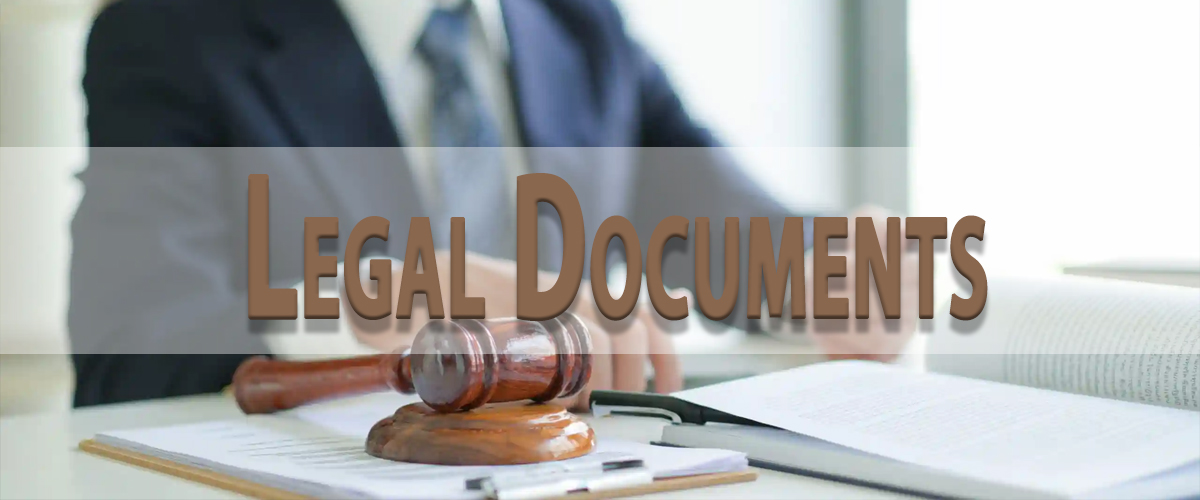When it comes to Legal documents, contracts or codes spring to mind. Actually, they are just two of thousands of types of legal documents out there. Because of their importance, legal documents are not translated for reference purposes, but also for decision making ones. Given such characteristic, what is the role of humans in a legal translation? Let’s find out with me in this article.
The human’s role in legal translation
You need to translate a set of your company’s construction contracts to be signed with a foreign partners? They may include various general and specific terms, each with different governing scope. Design and engineering documents may form an integral part of the set of contracts. In such case, you will need a robust team of professional translators, consulting lawyers and qualified engineers to help with the translation process.
We now have three different types of professional involved in the translation of the set of construction contracts. They are translators, lawyers and engineers. Let’s see what they’re supposed to do with this translation.
What is the role of translators in legal document translation?
Any legal document will certainly include many forms. The translator will do their usual work, that is, translating the set of construction contracts into target languages. Translators will do the translating work according to the TEP process to produce initial translations. The results may include:
- The set of construction contracts fully rendered into target languages.
- Glossaries of construction terms or equivalents for consideration by engineers.
- Legal notes to be considered by experienced lawyers.
The question is, why do translators need consultation from lawyers and engineers? Well, translators only have intensive language training. They may not have much in the way of specialized knowledge and may have to rely on their experience to look up terms.

What is the role of lawyers in legal document translation?
The above-mentioned set of contracts may contain complicated terms that translators may not fully grasp or properly understand. These contents may therefore be incorrectly translated or translated in a way that their meanings cannot be fully conveyed into the target language.
For example:
- Original sentence in English:
- Translated version by translators:
- Revised version by lawyers:
The above example goes to show the critical role of lawyers, who ensure the legal accuracy of the translation. What’s more, legal documents have their own style, sometimes admitted dry. Lawyers will also help ensure the correct legal style as well as accurate linguistic expression, criteria that ordinary translators usually struggle to meet.
What is the role of engineers in legal document translation?
The technical aspect of a document is another area of translation. While lawyers have expertise in law, legal style and translators have expertise in languages, lawyers have a role in the technical aspect of a translation. Technical specialized knowledge is something lawyers and translators may not fully get hold of.
Technical issues of a legal translation may include but are not limited to the following field:
- Medical and pharmaceutical fields: Medical technicians or specialist doctors or pharmacists are needed.
- Construction and mechanical fields: Qualified construction engineers and mechanical engineers are needed.
- Informatics and electronics fields: IT engineers, electrical engineers and electronics and telecommunications engineers are needed.
- Electrical energy field: Experienced electrical engineers are needed
- Mining and geology fields: Mining or geology engineers are needed.
Specialized requirements in a legal translation only emerge when technical aspects are involved. Legal documents such as Laws, Codes and specialized decisions all govern various aspects of life, therefore in addition to legal elements, there are also technical elements in them.
Conclusions
Because the law governs all aspects of life, there are specialized legal documents in every industry or field. A reputable translation agency or law firm is often the focal point for legal translation requests. However, whichever side is selected, they will also need the cooperation of the other side and also of qualified experts. Responsibility for a legal translation is the same between a translation agency and a law firm. Therefore, the question of choice also depends on a customer’s preferences.


